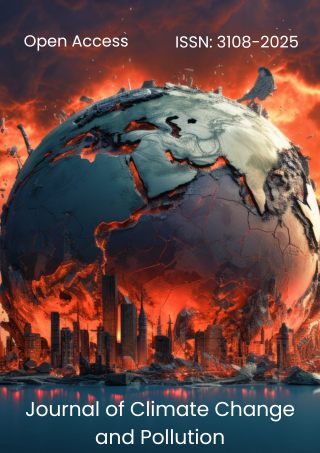Climate Hazards
Climate hazards refer to extreme weather and environmental events intensified or triggered by climate change, including heatwaves, droughts, floods, wildfires, hurricanes, and sea-level rise. These hazards are becoming more frequent, intense, and unpredictable due to rising global temperatures and shifts in atmospheric and oceanic patterns. Vulnerable populations particularly in low-lying coastal regions, arid zones, and developing nations face disproportionate exposure to these risks, threatening lives, livelihoods, and infrastructure. In addition to immediate impacts, climate hazards contribute to long-term socioeconomic disruptions, food and water insecurity, and forced migration. Scientific advancements in climate modeling, early warning systems, and disaster risk reduction strategies are critical for forecasting and mitigating these events. Addressing climate hazards requires integrated adaptation and resilience planning, combining climate science, local knowledge, and sustainable development efforts to protect both people and ecosystems from future threats.
Article Processing Timeline
| 2-5 Days | Initial Quality & Plagiarism Check |
| 15 Days |
Peer Review Feedback |
| 85% | Acceptance Rate (after peer review) |
| 30-45 Days | Total article processing time |
Journal Flyer


